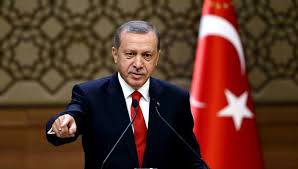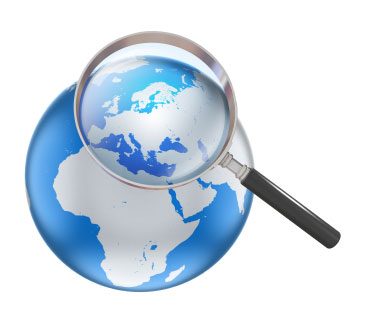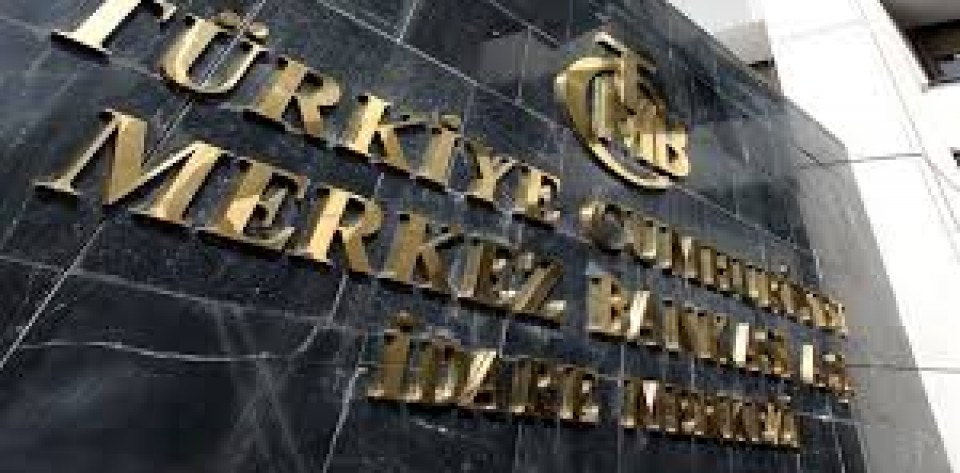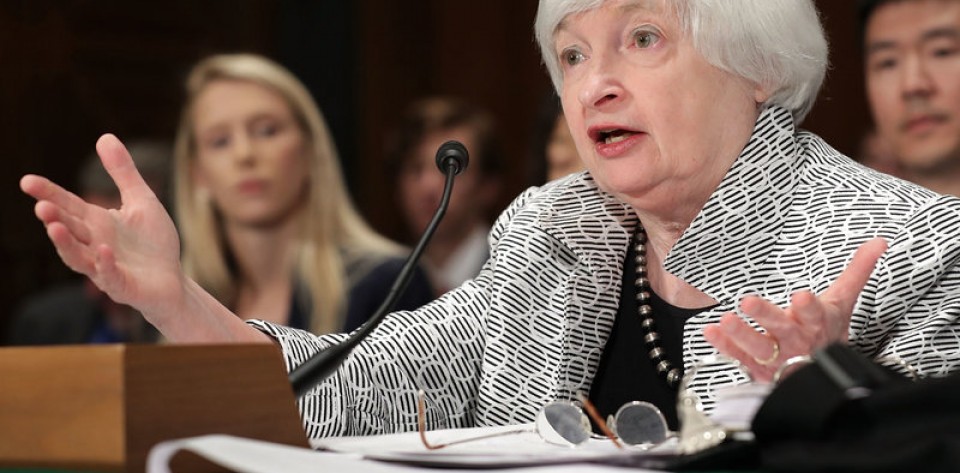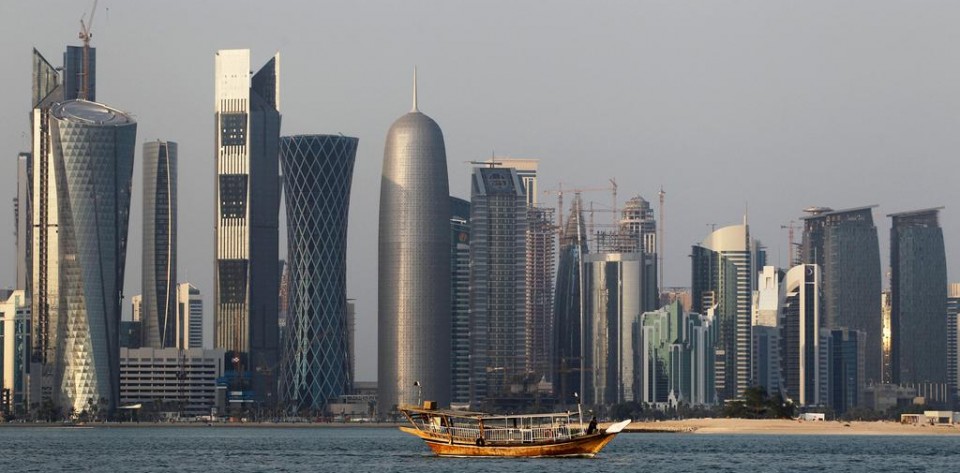During the first term of Justice and Development Party (AKP) between 2002 and 2006, Turkey grew in an average of 7% per year. That was not only a national success but it also made Turkey a global raising star. The economic success helped President Erdogan to win three consecutive parliamentary elections with overwhelming majority.
One of the positive steps of AKP was not to abandon the IMF led reforms initiated by former administration. AKP maintained a responsible fiscal and monetary policy which helped to achieve the macroeconomic targets. Thus, resulted with attraction of domestic and foreign investors.
Since 2012, the picture has changed significantly. Compared to headlines during the first decade of 2000 in international press, Turkey related headlines starting from 2012 changed from a rising star to stories with economic and fiscal weakness vulnerability. At the moment the headlines are more related with foreign exchange pressure, rising fiscal expenditures, rising inflation, increased unemployment and debt. Turkish Prime Minister expects 7% economic growth by end of 2017. Considering weakening lira by 120% since 2012 and increasing inflation from 6.2% in 2012 to 12% by end October 2017, 7% of economic growth might be a considered as “illusion”.
The slowdown is mainly caused by longer – term structural factors where lack of fundamental reforms is in place and its dependence to foreign raw material. Although President Erdogan was successful implementing the IMF led reforms till 2008, he then started following the short-term plans such as pressuring the Central Bank to maintain loose monetary policy and low interest rate. Unfortunately, these plans resulted with country’s longer-term development are being put-off.
The most fundamental problem of Turkey is its dependence to foreign investment. Turkey is vulnerable due to its account deficient around 6% to its GDP. Even this deficient is unlikely to be sustained once US FED would increase the interest rates to even higher ratios. Thus, means hot money to dry up.
Foreign investors want to see a country where Central Bank are freely, with no pressure from Government, taking their own decision to shape the country in accordance with the need. However, Turkey’s record was also bad in that aspect. President Erdogan publicly criticised Mr. Erdem Basci, former Central Bank Director, not putting down the longer-term interest rates. This was a detrimental effect on country’s image and also good enough to put interest rate up every time he criticized.
Moreover, the labour cost remains low and productivity remains high with Turkey’s competitors. This also constrains the growth. There are many universities with low performing records which do not contribute to economy in terms of qualitative manpower and the contribution of woman population into economy remains low.
These problems should be tackled immediately for a sustainable economy. The laws are in place in order to ensure the independence of Central Bank. The problem is that current administration opts to go for a different way than Central Bank considers to be. Thus, President Erdogan had appointed a Central Bank Director following Mr. Basci term, who would follow administration priorities rather than country’s economic benefits. In the long term, that was not welcomed by the markets.
A stability in terms of economy is also connected with your international relations with other countries. Turkey since 2012 acted costly in international arena such as downing the Russian jet, cutting ties with Iraqi in order to benefit from Arbil resources, cutting ties with Syrian administration, increasing the political conflicts with European Union especially with Germany and lately the visa crisis with United States of America. Why they are all important once foreign investors are considered?
Turkey has set up Welfare Turkish Fund Company in 2016. It is designed to acquire Turkey’s greatest assets in its hands in order to attract the foreign companies and maintain the cash flow into the country. Till now, it is a good intension.
However, the Company was in China by the end of October 2017 negotiating with Industrial and Commercial Bank of China and later in Qatar seeking for hot money. This already emphasized the fact that the West does not want to invest in Turkey due to concerns that I have counted as independence of Central Bank, Labour cost, Productivity and foreign relations. It would be costly to tackle the economic challenges now. With the current administration economic model and the coming presidential elections in 2019, this would not likely to happen.
Therefore, we shall expect the weakening Lira and raising inflation to continue in 2018. It is likely that President Erdogan will prioritize the project in order to sustain cash flow into the markets through the infrastructure projects. Although this would decrease the unemployment and give the economy a breath in 2018, it shall be remembered that in lack of tackling the structural economic challenges, the dark clouds above Turkish economy will not likely to go away in short term and the storm is likely to break out eventually .

